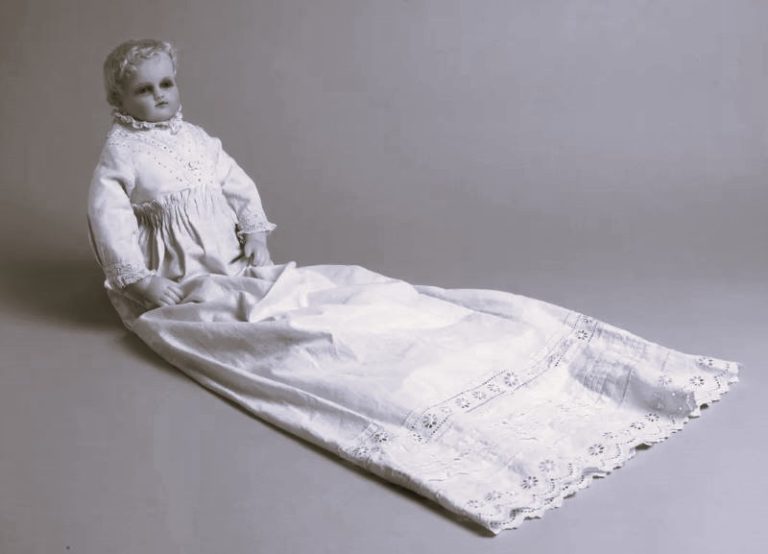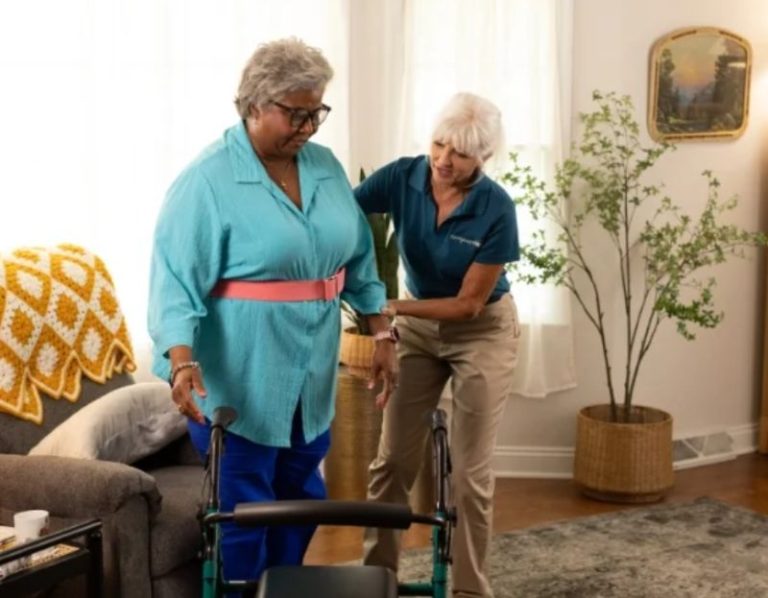

Caring for a sick baby at home requires more than just medication; it calls for a nurturing environment, close monitoring, and essential items to ensure their comfort and safety. With the right tools and practices, parents can help ease their baby’s symptoms and support their recovery. Here’s a detailed look at the must-haves and strategies for looking after a sick baby at home.
Create a Calm, Cozy Environment
A calm environment with minimal distractions is vital for helping a sick baby feel safe and promoting much-needed rest during recovery. A quiet, dimly lit room with soothing sounds or soft music can help the baby relax and sleep more comfortably. Cozy blankets and keeping the baby’s favorite comfort items close by can create a welcoming, restful space. When the baby feels secure and calm, it can improve its mood, making the healing process easier.
Ensure Proper Hydration
When babies are unwell, maintaining hydration is crucial, especially when they experience symptoms like fever, vomiting, or diarrhea. Babies lose fluids easily in these situations, making it essential to keep them hydrated. Using the best baby bottles chosen by pediatricians can ensure that the baby receives fluids comfortably and conveniently. Small, frequent sips of water, formula, or breast milk help maintain hydration without overwhelming the baby’s stomach. Proper hydration supports their body’s immune response and keeps them more comfortable throughout their recovery.
Keep a Thermometer Handy
Keeping a reliable thermometer within reach is essential for monitoring the baby’s temperature regularly and responding promptly to changes. Checking the baby’s temperature regularly can give parents peace of mind, especially when concerned about potential infections. A digital thermometer offers quick, accurate readings, allowing parents to decide if additional care or fever reducers are necessary. By consistently monitoring temperature changes, parents can better assess the baby’s condition and take action if the fever becomes a cause for concern.
Have Gentle Fever Reducers Ready
Fever reducers made specifically for babies can help keep them comfortable if their temperature rises above a safe level. Infants are particularly sensitive to fevers; high temperatures can quickly make them uncomfortable. Using a pediatrician-approved fever reducer can help lower the baby’s fever, relieve discomfort, and minimize potential complications from prolonged high temperatures. However, it’s crucial to consult a healthcare provider for accurate dosage instructions and to ensure the baby’s safety.
Consulting with your doctor on what you should give your baby during a fever is the best way to ensure proper care and quick recovery. Families from the Big Peach are always looking to consult the top-rated pediatric home care services in Atlanta to make sure their infants receive professional support and monitoring in the comfort of their own homes. These services provide guidance on managing symptoms, administering medications safely, and spotting warning signs early. With expert assistance, parents can feel more confident in caring for their little ones during times of illness.
Provide Easy-to-Digest Foods
For babies who have started on solid foods, offering gentle, easy-to-digest options can prevent additional stomach discomfort while they’re unwell. Foods such as applesauce, soft vegetables, or simple purees are easier on their digestive system and help nourish them without causing further irritation. When serving foods, it’s best to offer small portions at a time to avoid overwhelming the baby’s stomach, which may be more sensitive than usual. Pairing these foods with Dr. Talbot’s baby bottles ensures that babies remain hydrated and comfortable during feedings. These bottles are designed to be easy on sensitive tummies, making them ideal for use when babies are feeling under the weather.
Use a Humidifier for Congestion Relief
Babies often struggle with congestion when they’re sick, and a cool-mist humidifier can help relieve these symptoms by adding moisture to the air. The humid air can soothe dry, irritated nasal passages, allowing the baby to breathe more easily. This is particularly beneficial during sleep, as it can help them rest better. Ensuring the humidifier is clean and properly maintained prevents bacteria from entering the air, keeping it fresh and effectively relieving congestion.
Have Soft, Absorbent Tissues and Wipes
Runny noses or watery eyes are common symptoms when babies are sick, and using soft, absorbent tissues or wipes ensures their skin remains irritation-free. Gently wiping away mucus or tears helps keep the baby comfortable and prevents chapping around sensitive areas like the nose and mouth. For frequent wiping, it may be beneficial to use gentle, baby-safe wipes on the skin. If the baby’s skin becomes red or irritated, applying a small amount of baby-friendly moisturizer can help soothe and protect it from dryness.
Offer Extra Comfort with Favorite Items
Comfort items like a favorite blanket or stuffed animal can be a big source of relief for a baby when they’re feeling unwell. Familiar objects provide a sense of security, making the baby feel more at ease in a time of distress. For added comfort, parents can also spend extra time cuddling, rocking, or softly singing to the baby, helping them feel cared for and supported. These small gestures go a long way in comforting the baby emotionally, which can be just as important as physical care.
Caring for a sick baby at home requires careful attention, gentle care, and essential tools. By keeping the baby hydrated, monitoring their temperature, and providing comfort, parents can help them recover more quickly. Knowing what essentials to have and when to seek additional help creates a supportive environment where the baby can heal safely and comfortably.


